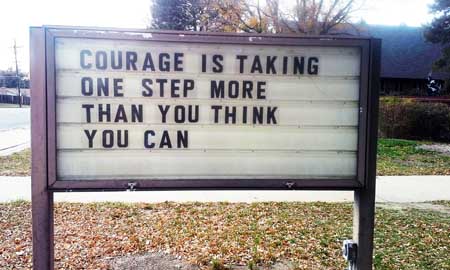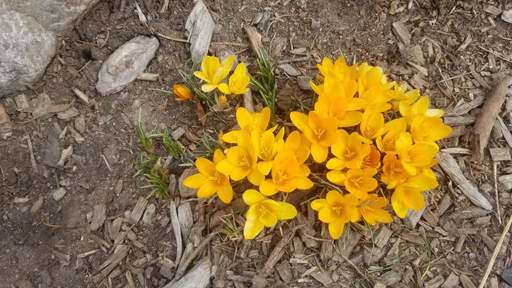
Peace I leave you, my peace I give unto you, not as the world giveth give I unto you. Let not your heart be troubled neither let it be afraid. — John 14:27 (KJV)
Have you received deep peace during your time of bereavement, peace that was beyond what you could understand?
This peace is different from the feeling of shock you first experience with a loss; rather, it is a feeling of comfort and assurance that feels supernatural, like it’s from a heavenly source. In fact, it is.
At a recent meeting of my women’s group various members reflected on times of loss and trauma in their lives when they received this peace. Our stories were remarkably similar: We each had been devastated, crushed and brokenhearted by loss, and we didn’t know how we would go on. Suddenly, each of us felt comforted and assured in a very tangible way. Every person said it was the Holy Spirit who had comforted them and given peace.
I told my story briefly of how I rocked my infant daughter on a night after my sister had committed suicide. I rocked and rocked my daughter while I was in shock and lost, and I thought I felt evil coming toward me, going away, and coming back again, when a deep, deep peace covered my daughter and me like a blanket.
I didn’t know it was the peace Jesus gives at the time — I didn’t go to church or read the Bible — but I started wanting to read God’s Word and to find a good church.
I began to pay attention to Scripture on radio, mostly. I heard a pastor recite John 14:27 and then talk about the peace Jesus gives. I found the verse in print and memorized it. That verse remains a favorite of mine to this day.
I found other verses about the peace the Lord gives too, such as Philippians 4:7: And the peace of God, which passeth all understanding, shall keep your hearts and minds through Christ Jesus (KJV).
The peace was not just there for that evening, for that one time and place. It remained with me even as a I grieved my sister and stepped into her place in the family for my parents. It was in the background as I continued on as a wife and mother and did the everyday work I had to do, in the home and in the workplace. It helped me live on year after year from that day when my sister chose to die.
That peace is available to you too as you are facing your own loss and grieving. You can just ask the Lord for it if you haven’t already experienced it.
Before you ask the Lord for His peace, you should probably repent of your sins and ask Jesus into your heart, if you believe in him. It’s easy to do; just say it out loud by yourself, in your own way, and mean it.
Meadowlark Press has published a small, encouraging book for people to use when they are grieving: Walking Through the Valley: Grieving Well One Step at a Time by C.S. Boddie. It’s a friend that comes alongside wherever people are in the grieving process and helps them use walking as a took for grieving, even going with them on daily walks. The twenty-one-day devotional has words and images to comfort and inspire, plus recommendations for resources. The small book is available online at Amazon and Barnes and Noble.





